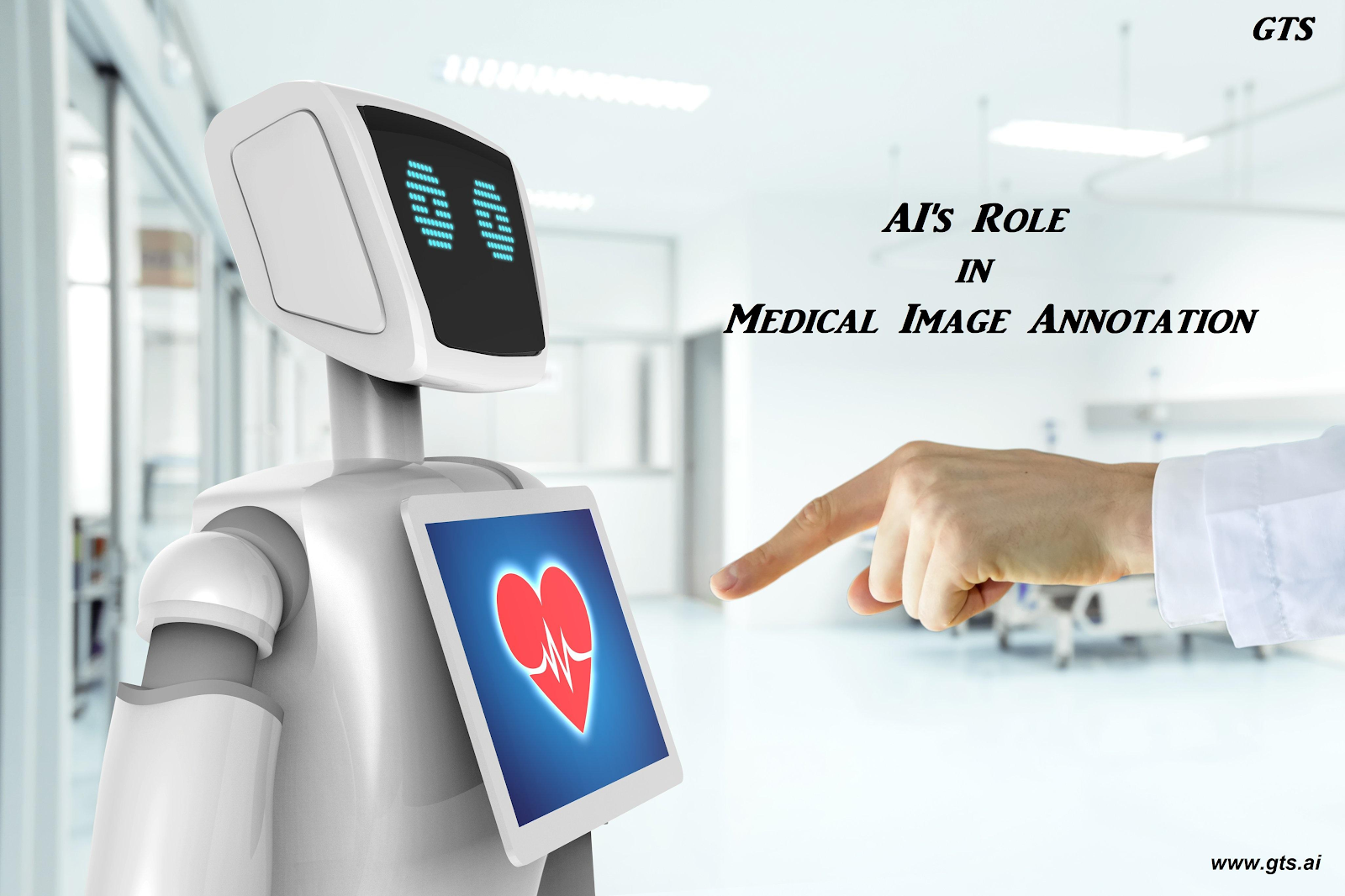How Artificial Intelligence in Healthcare is Improving Emergency Room Situations
In recent years, artificial intelligence software and technology have transformed a wide range of industries, including education, finance, and healthcare. Especially in the field of healthcare! Every year, new discoveries and advances bring many important and rapid improvements to diagnostics and healthcare organisations, leading many people to believe that AI in healthcare may eventually replace physicians and the whole medical workforce. Such a future may appear bright to some, while it may feel depressingly dark to others. So, why do many feel that an AI assistant can replace a highly skilled specialist? The reason for this is the slew of medical advancements that come every few months. Various forms of software and apps based on Machine Learning or Artificial Intelligence have already improved the healthcare system and cut costs for medical institutions and organisations participating in Healthtech, whether directly or indirectly.
The number of emergency room patients continues to rise.
Emergency rooms (ERs) are struggling all across the world. Crowds are cramming into emergency departments in pursuit of basic care, causing real-life situations to be impeded. Primary care physicians are overburdened with patient requests and do not have the human resources to respond fast. The ER team is weary because they believe they are not offering a good patient journey as frequently as they would want when a patient walks through those doors.
Visits to the emergency room have increased at a 1.5-2 per cent annual pace since 1966. Everyone is aware of the problem and is working to resolve it.
How might artificial intelligence help to prevent unnecessary ER visits?
If we wish to reduce unnecessary ER visits, we must equip our patients with credible symptom checks that they can use before coming in. The patient is simply given a series of questions by AI-enabled computers, and he or she finally acquires a sense of what is going on. When customers reach the health exam results page, they can be directed to the ER or a booking system with an appropriate physician (a general practitioner or a specialist). Bringing emergency treatment to the patient's house is another possibility for reducing unnecessary ER visits. A physician working remotely can use AI to diagnose and prescribe therapy utilising these modern technologies, eliminating unnecessary trips to the ER.
Machine Learning and AI in Healthcare and Medicine
A bot system that considerably saves treatment time is one of the top AI in healthcare applications. A virtual nurse for patients is a voice-activated healthcare assistant who provides information on a wide range of diseases, health conditions, and drugs. If a patient requires emergency care and cannot get to the doctor, an AI assistant can be quite helpful. Data engineers are developing solutions for all medical jobs, including overall health monitoring and disease cure or prevention.
The Importance of Artificial Intelligence in Emergency Room Management
According to a recent study, AI has the potential to shorten patient trips to the ER. AI has the potential to transform the emergency department at nearly every stage of the patient's journey. It's no surprise, then, that artificial intelligence (AI) devices for the emergency department are becoming increasingly popular. Physicians and nurses who exclusively rate their patients using the emergency severity index are no longer permitted.




Comments
Post a Comment